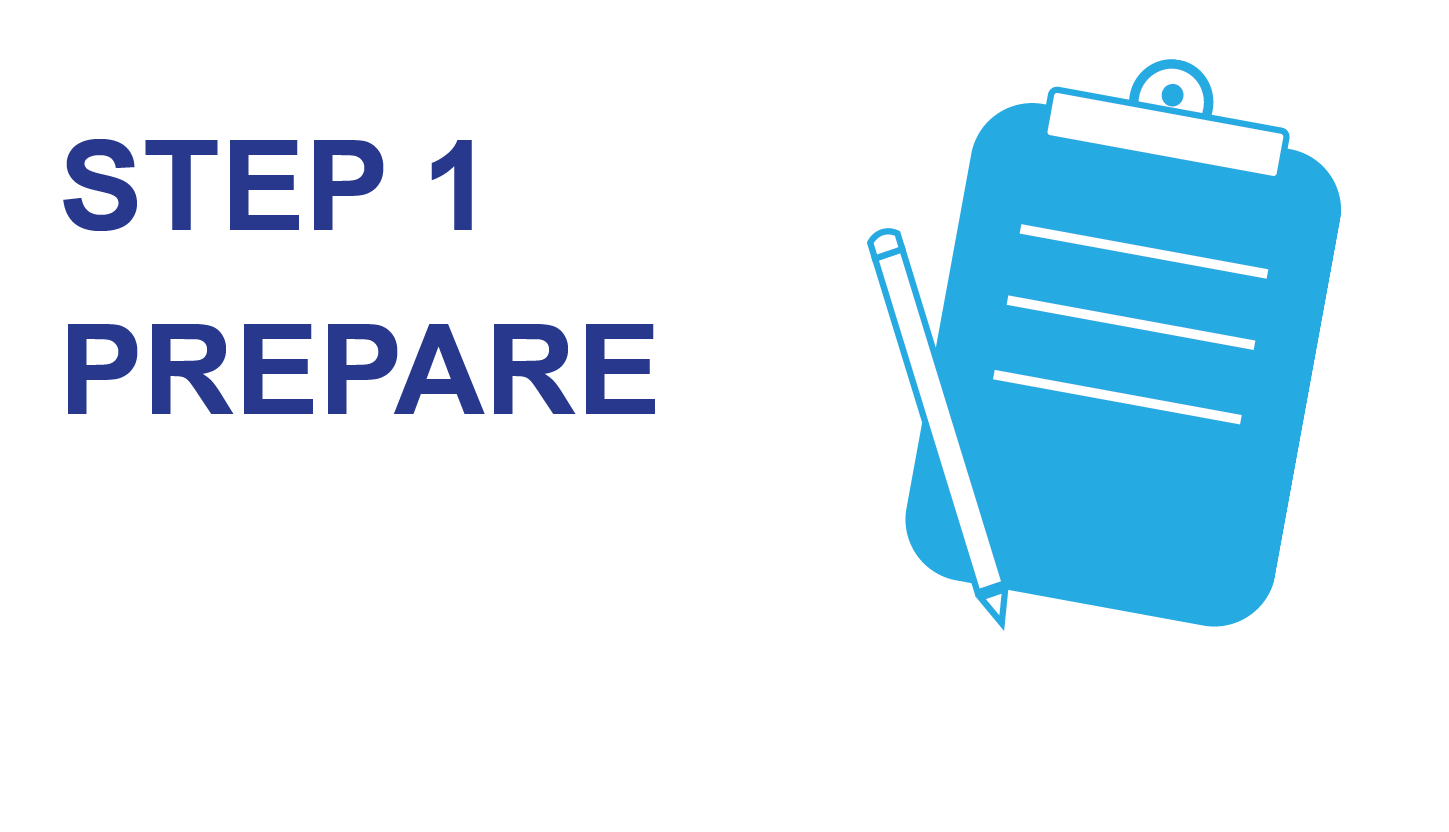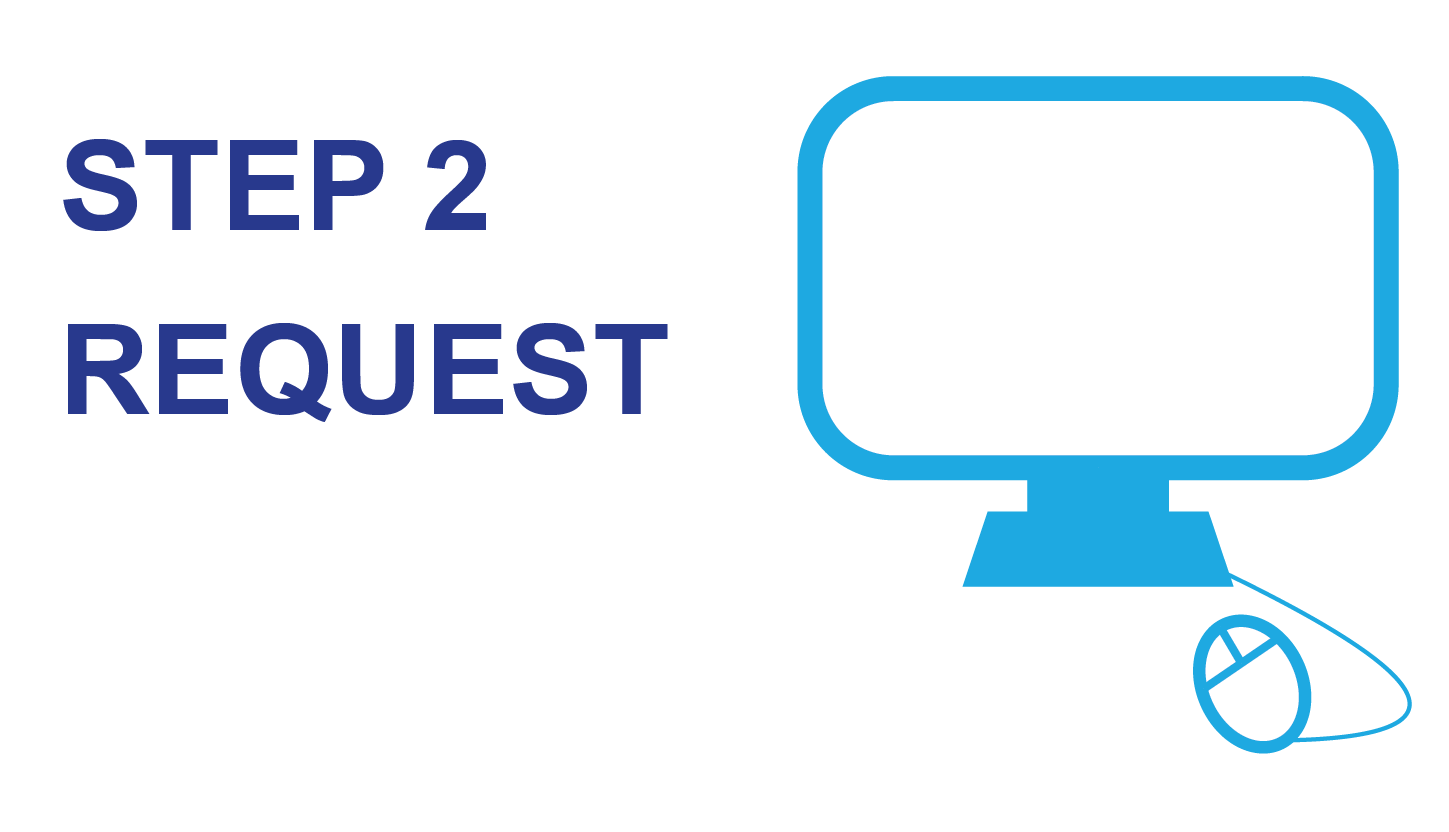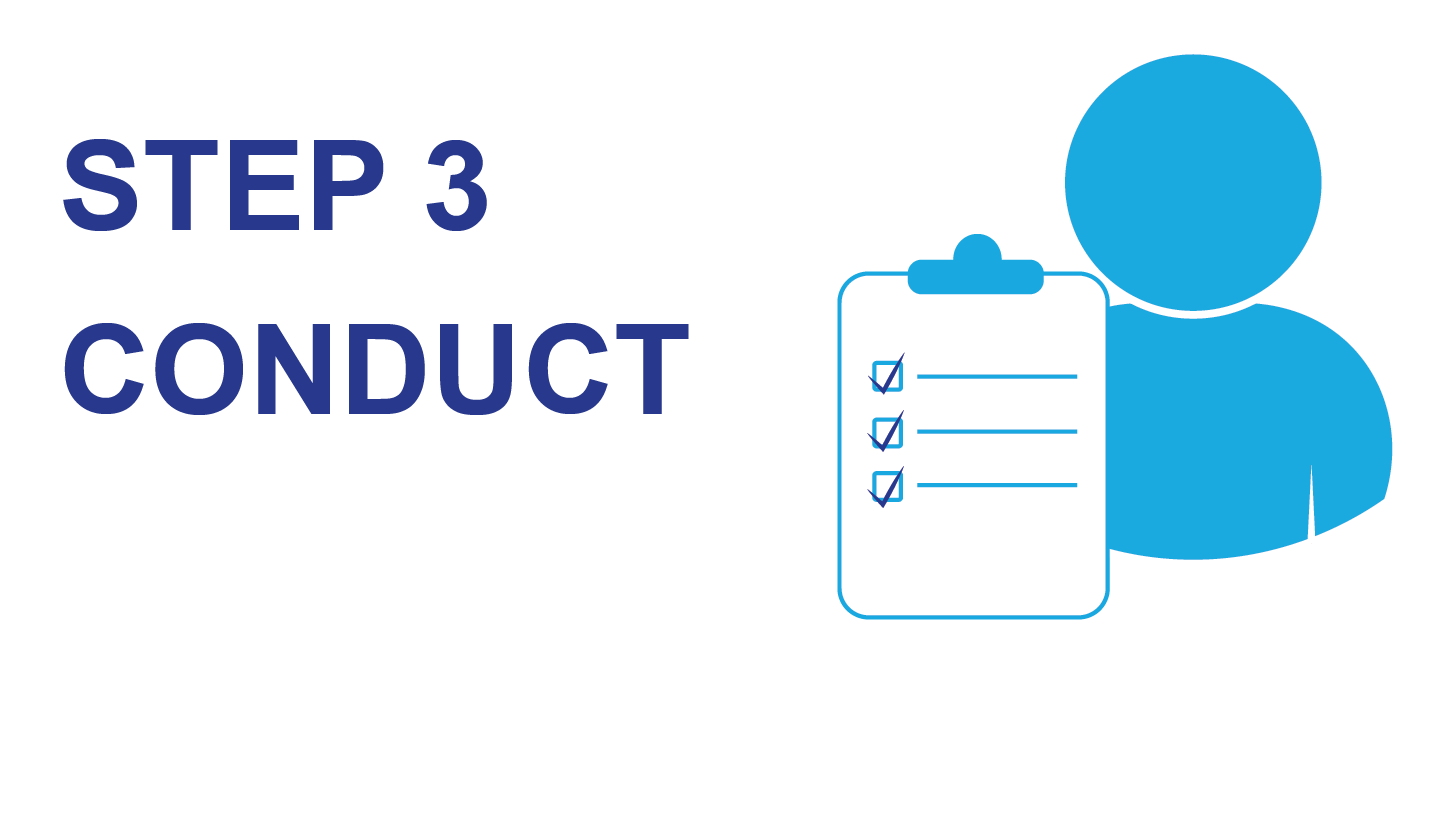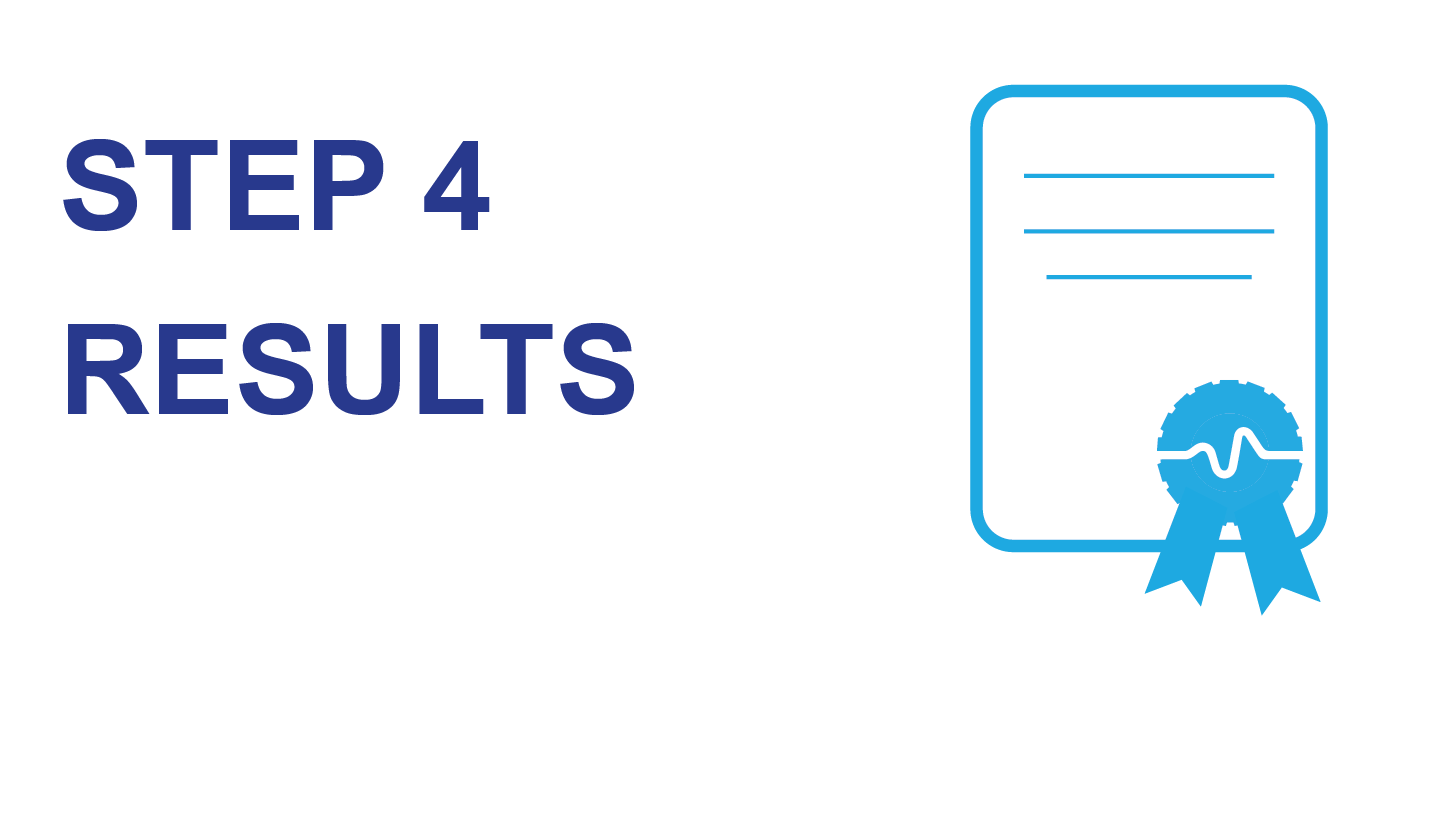STEP 3 – CONDUCT YOUR AUDIT
WHO – will conduct the audit?
Audits are carried out by approved FORS Audit Providers. The audit team can be a single person or a team of people. The FORS Audit Provider must not have provided consultancy services to your company within the past two years. This would constitute a conflict of interest and could void any accreditation award. Both Audit Provider and your operation have a joint responsibility to ensure that no conflict of interest exists. If you believe a conflict of interest exists, contact the FORS Administrator and an alternative Audit Provider will be appointed.
Audit Providers undergo rigorous selection, training and are subject to continuous performance monitoring.
WHO – should be present at the audit?
During the audit, your operation must be represented by the formally appointed responsible person (as required at Bronze M3) who maintains continuous and effective management of the fleet activity. The responsible person must be available and present for the entirety of the audit and must provide photo ID if requested. Consultants employed in a support role may be present at audit but must not be the sole representative of the operation, unless they are the formally appointed responsible person as required at Bronze M3 and employed to maintain continuous and effective management of the fleet activity.
WHERE – will the audit take place?
Audits must be carried out at the operating centre being audited. Audits must not be carried out at the premises of a consultancy.
An operating centre is a site or depot where commercial vehicles operate from, where there is infrastructure that supports daily management, control and day to day operational deployment of a fleet. Note that the definition of FORS operating centre is not the same as the definition according to Operator Licensing.
If you would like to have more than one operating centre accredited, please check the FORS Accreditation Guide as the number of audits required is dependent on the number of operating centres covered in the scope of accreditation.
Audits can be conducted not only throughout the UK and Ireland but internationally.
WHO – will conduct the audit?
Audits are carried out by approved FORS Audit Providers. The audit team can be a single person or a team of people. The FORS Audit Provider must not have provided consultancy services to your company within the past two years. This would constitute a conflict of interest and could void any accreditation award. Both Audit Provider and your operation have a joint responsibility to ensure that no conflict of interest exists. If you believe a conflict of interest exists, contact the FORS Administrator and an alternative Audit Provider will be appointed.
Audit Providers undergo rigorous selection, training and are subject to continuous performance monitoring.
WHO – should be present at the audit?
During the audit, your operation must be represented by the formally appointed responsible person (as required at Bronze M3) who maintains continuous and effective management of the fleet activity. The responsible person must be available and present for the entirety of the audit and must provide photo ID if requested. Consultants employed in a support role may be present at audit but must not be the sole representative of the operation, unless they are the formally appointed responsible person as required at Bronze M3 and employed to maintain continuous and effective management of the fleet activity.
WHERE – will the audit take place?
Audits must be carried out at the operating centre being audited. Audits must not be carried out at the premises of a consultancy.
An operating centre is a site or depot where commercial vehicles operate from, where there is infrastructure that supports daily management, control and day to day operational deployment of a fleet. Note that the definition of FORS operating centre is not the same as the definition according to Operator Licensing.
If you would like to have more than one operating centre accredited, please check the FORS Accreditation Guide as the number of audits required is dependent on the number of operating centres covered in the scope of accreditation.
Audits can be conducted not only throughout the UK and Ireland but internationally.




